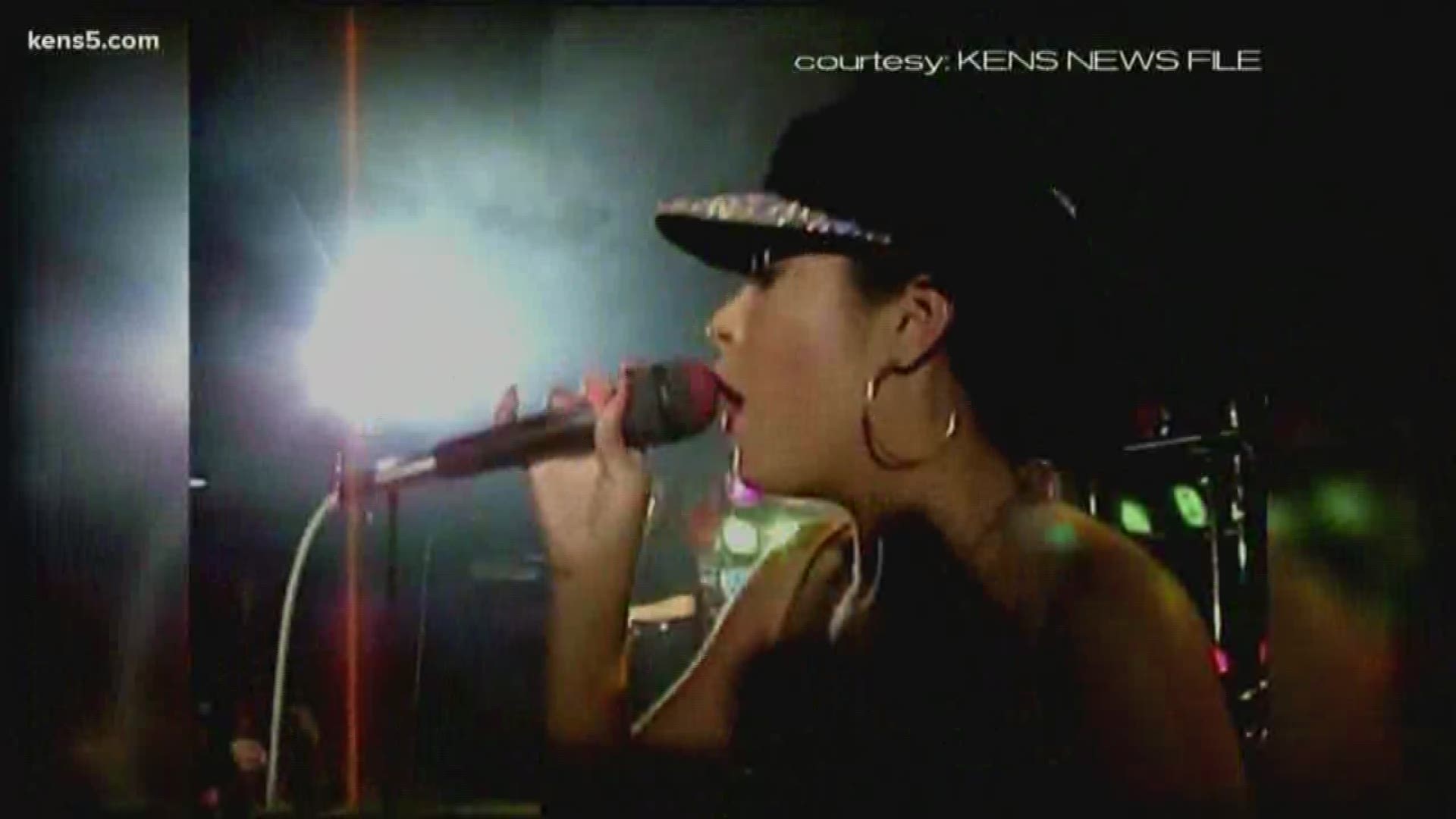SAN ANTONIO — Yolanda Saldívar, the woman still behind bars for killing famed Texas singer Selena Quintanilla in 1995, filed a petition to have her trial examined earlier this year, only for it to be dismissed a day later, according to court documents.
On March 28, the documents state, Saldívar filed the U.S. District Court in Waco, Texas, a motion to authorize her second writ of habeas corpus—essentially meaning she believed her detention to be unlawful.
Her argument: That Carlos Valdez, the prosecutor in her trial in the late-1990s, allegedly withheld "exculpatory material evidence" at the time that would have been favorable for her defense, thus preventing her from having a fair trial. The motion also argues that Valdez presented said evidence – specifically, a pair of tennis shoes and a baseball hat the court motion alleges was not introduced as evidence in court – in a recent media interview with a Spanish-language outlet.
Further, Saldívar's motion argues her defense could have argued the evidence was false if Valdez had indeed introduced them during the trial, "as those tennis shoes did not belong to the defendant." The evidence allegedly withheld could also have been tested, Saldívar argues, for "blood, grass, gravel, etc." to prove that alleged events unfolded the way they were said to on the day of the murder.
An appeals court previously ruled that Valdez "breached" his duty to disclose all evidence, but also found the evidence in question to be "immaterial" to the case. Saldívar, meanwhile, argues that his presenting it in the interview provies its relevance to the case.
The day after Saldívar filed her motion, it was dismissed by U.S. District Judge Alan Albright, who said she filed in the wrong court; namely, it is the Fifth Circuit she must have filed to.
Saldívar initially filed a writ of habeas corpus in September of 2000, only for it to be dismissed three months later due to her having filed in the wrong convicting court, records state.

